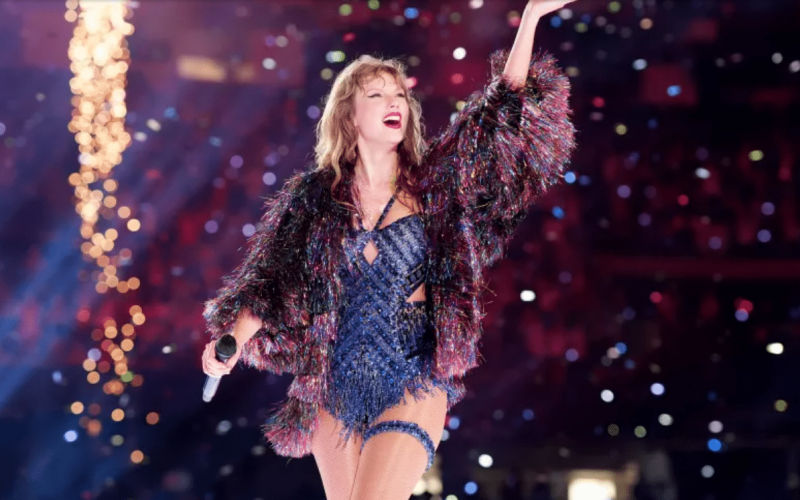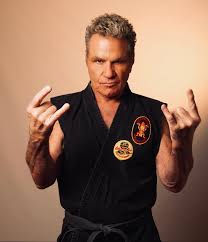In a move that’s equal parts emotional victory and business masterstroke, Taylor Swift has officially regained ownership of the master recordings for her first six studio albums. Those albums, the ones that made her a household name. It’s a big deal, not just for her, but for the entire music industry.
If you’ve been following her journey (and let’s be real, who hasn’t?), you’ll remember that all of this started back in 2019. That’s when Big Machine Records sold her original masters to Scooter Braun’s Ithaca Holdings, without even giving her a heads-up. Fans were furious, Taylor Swift was heartbroken, and what followed was a very public, very personal fight over something most artists dream of owning: their life’s work.
Fast forward to now: after years of tireless effort and a wildly successful campaign to re-record her old songs (hello, “Taylor’s Version”), Taylor Swift has finally bought the rights back from Shamrock Capital, the private equity firm that picked them up from Braun in 2020. The deal? It’s reportedly worth somewhere in the eye-watering nine-figure range. But more than the money, it’s what it represents that hits home: freedom, closure, and creative control.
“This Is My Greatest Dream Come True”
That’s how Taylor Swift herself described the moment in a handwritten note she shared with fans. The tone? Grateful, relieved, and proud. Taylor Swift made it clear the purchase was done on “fair and just terms,” which honestly feels like a quiet but powerful mic drop. And don’t worry, this doesn’t mean she’s hitting pause on the “Taylor’s Version” project. She’s still planning to release the revamped Reputation and whatever other surprises she’s been cooking up in that vault of hers.
Now that she owns the original recordings, Taylor Swift has full say in how they’re used, whether that’s in a movie trailer, a TV show, or a million-dollar ad campaign. It’s the kind of leverage most musicians only dream of, and she earned every inch of it.
A Catalog Worth Hundreds of Millions

Let’s talk numbers. Industry folks estimate that Swift’s original masters could be worth anywhere from $600 million to a staggering $1 billion. And that figure’s only expected to grow as her music continues to dominate Spotify, Apple Music, and every “Songs That Make You Feel Everything” playlist out there.
One especially juicy detail? Scooter Braun isn’t profiting off this deal. Not even a little. For Taylor and many of her fans, that’s the real cherry on top. It’s not just a financial victory, it’s emotional closure, too.
A Ripple Effect Across the Industry
Here’s where it gets even more interesting. Taylor’s battle didn’t just play out on social media and Billboard charts, it sparked a genuine shift in how artists think about ownership and contracts. She basically turned a personal fight into a larger movement, forcing the industry to reckon with some pretty outdated norms.
Think about it: if one of the biggest artists in the world had to re-record her songs just to reclaim them, what chance do smaller, up-and-coming musicians have? Taylor’s win has opened the door for those artists to start asking tougher questions and demanding better deals.
Taylor Swift Still Not Done
Even with the masters back in her hands, Taylor’s sticking with the re-recording plan. And why wouldn’t she? Albums like 1989 (Taylor’s Version) have been smashing records and giving fans fresh reasons to fall in love with songs they already knew by heart.
Plus, each re-release comes with those dreamy “from the vault” tracks, which feel like flipping through a personal diary you weren’t supposed to see, but in the best way. They’re new, nostalgic, and, importantly, they shift the streaming and licensing money away from the old rights holders and back into Taylor’s pocket. Smart and satisfying.
What It All Means
For musicians everywhere, this moment is a reminder: your art matters, and fighting for it is worth it. Taylor’s not just a global pop icon; she’s proof that being fiercely protective of your work—and strategic about your business—can lead to real, lasting change.
Some in the industry are already saying this might force labels to rethink how they treat their artists. Maybe it’ll even lead to fairer contracts and more transparent terms. But even if nothing else changes, one thing’s for sure: Taylor Swift just showed the world what taking your power back really looks like.








